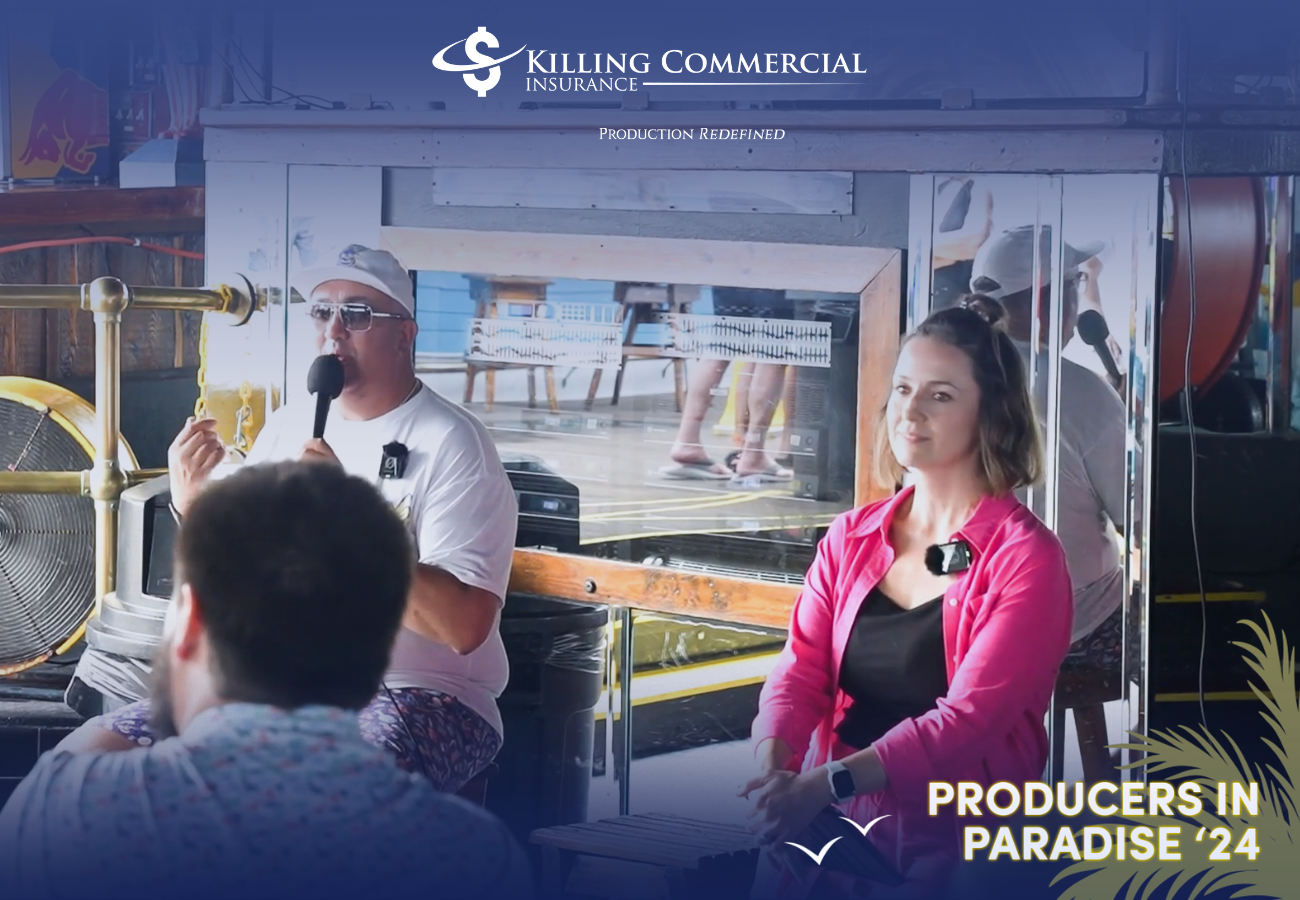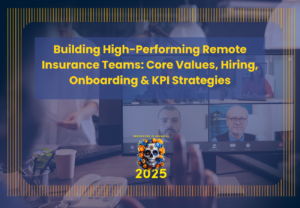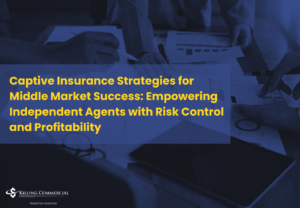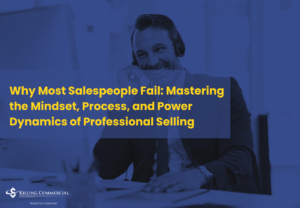
Maximizing Middle-Market Workers’ Compensation Success: Data-Driven Prospecting, Compliance Wedges, and Claims Excellence
Middle-mazrket businesses face unique challenges when it comes to managing their workers’ compensation programs. Unlike large enterprises, they often lack dedicated in-house resources for safety, compliance, and claims oversight; yet unlike small businesses, their scale subjects them to more sophisticated regulatory scrutiny and larger potential losses. In this environment, commercial insurance producers who master an integrated approach—combining precise prospecting data, impactful compliance applications, and exceptional claims handling—can both win new accounts and build lasting client relationships.










Responses